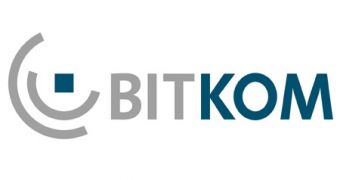A survey conducted by the German Federal Association for Information Technology, Telecommunications and New Media (BITKOM) revealed that 41% of Germans never change their passwords, PIN numbers or other access codes voluntarily. The study also found that only one in six (17%) people replace them every three months.
The rest of the results (in German) show that 8% of individuals modify their access codes every few years, 11% do it annually, while 6% find the time to do it every six months. The most conscious users who change their passwords monthly or weekly, amount for 7% and 1% of users, respectively.
As far as gender differences go, the survey revealed that overall women are less inclined to follow this common security guideline than men. Therefore, 45% of women fail to change access code at all, compared with 38% of men. Additionally, men are twice as likely to engage in the practice quarterly, with 24% of them doing it, compared with only 12% of women.
When it comes to age groups, young people up to 29 years old are the most security conscious, with over one in four of them changing passwords every three months, as recommended. The rate seems to be indirectly proportional with age, the percentage of seniors (over 60 years old), who replace their access code regularly being a mere 4.
"Private users and businesses are equally affected. Companies should set up the PCs of their employees in such a way that passwords have to be changed on a regular basis. In addition, there should be guidelines for the minimum length and level of complexity of a password," Dieter Kempf, a member of Bitkom's presiding committee, commented (via Heise Media).
Of course, simply changing the passwords quarterly is not enough to ensure the safety of your property, being it an online banking account, email or mobile phone. Password strength is also an important factor. Choosing passwords like "1234", "love" or names of people and places just because they are easier to remember is never a good idea. There are free specialized programs like KeePass that can help you generate and manage complex passwords, without having to memorize them.

 14 DAY TRIAL //
14 DAY TRIAL //